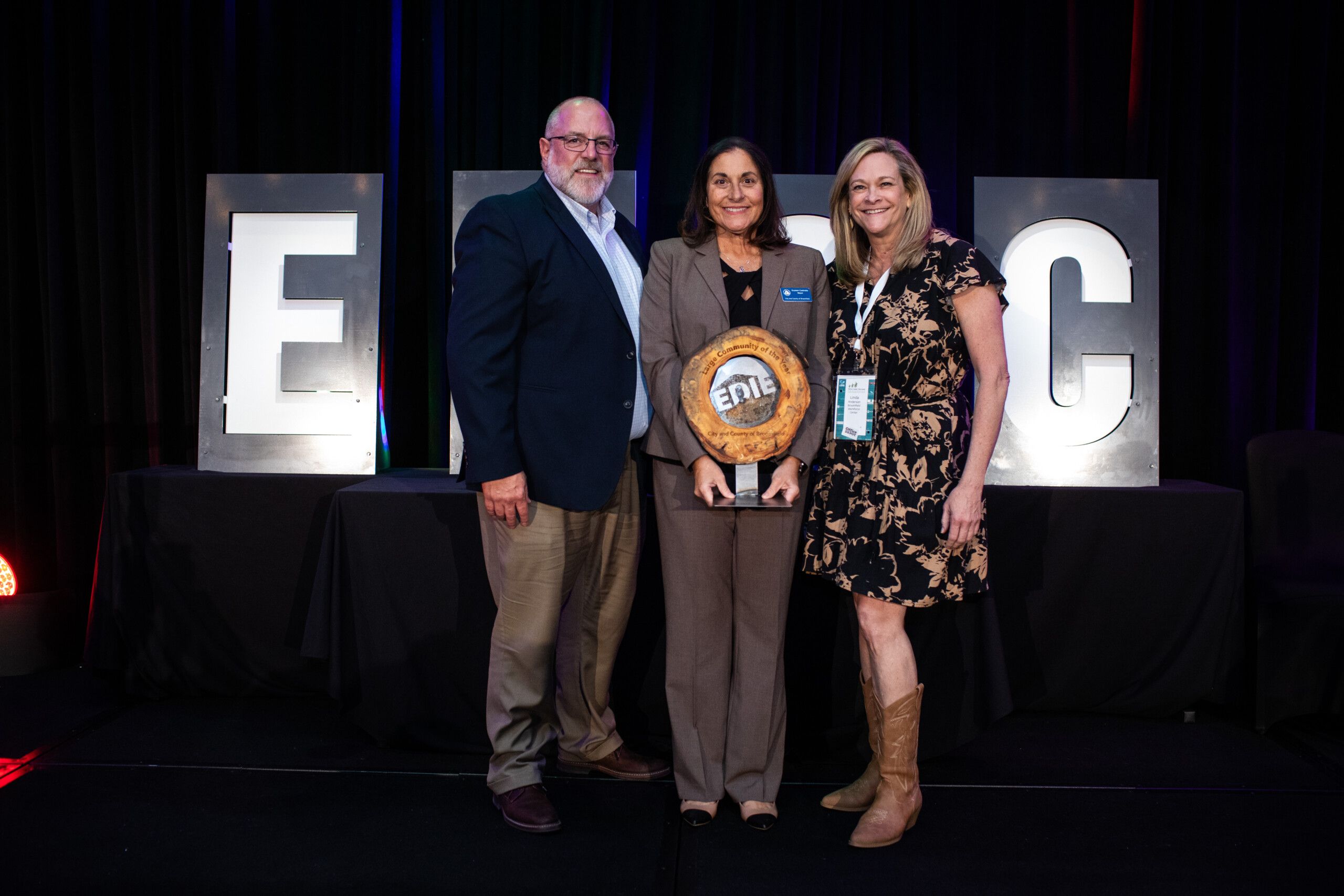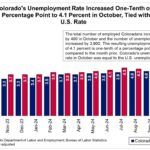Legislative economist: State cash position remains positive
The COVID-19 recession was deeper than others experienced in modern times in Colorado and the recovery faster.
The Colorado Legislative Council’s chief economist, Kate Watkins, told attendees of the annual Regional Issues Summit that the state is still in a pandemic economy and much remains to happen to get back to normal. Yet the worrisome issue of inflation is likely to moderate over the next several months.
The summit, an event produced by the Northern Colorado Legislative Alliance and its member chambers of commerce in Greeley, Loveland and Fort Collins, included discussion of a wide range of issues Wednesday morning. Watkins’ presentation was first out of the gate.
SPONSORED CONTENT
She outlined a mix of impacts from the COVID recession, including that “the headline numbers suggest something different than what’s experienced in some industries.” In other words, the impact was uneven.
As previously reported, industries such as hospitality were severely impacted in both employment and revenue, while industries such as housing — home sales in particular — sailed through the recession with little negative impact.
“The significant amount of federal stimulus — that is part of what’s propped up growth,” she said.
Employment remains below pre-pandemic levels, and the pandemic likely affected recovery in that area, she said. She cited “retirements and acceleration in retirements” as a factor, along with an aging of the population and “people deciding not to go back to work or at least not back to the same work.”
High-income workers — those earning more than $60,000 a year — have recovered from the recession. Those earning less than $27,000 have not recovered, she said.
Geographically, Colorado Springs is back to pre-pandemic employment levels. Boulder has been slower to come back, and Greeley, because of the oil and gas industry impact, has a distance to go, she said.
While inflation has been on the minds of residents and businesses, Watkins said “a lot of it is transitory.”
Digging into the numbers, Watkins said the overall rate of 6.2% is significantly impacted by transportation. “That’s really driving the inflationary pressure,” she said, and impacted by supply-chain issues that will dissipate over time.
“The cost to buy a car is up 18%. Once the supply chains are sorted out, that will diminish.”
She acknowledged that inflation will remain higher than what it has been in recent years but won’t stay at today’s levels.
The recession had an unexpected impact on state government, which cut expenses in anticipation of a longer recession. Income taxes were sustained because of stimulus payments, and sales taxes dipped but recovered. As a result, the state has a sizable reserve that exceeds TABOR limits.
The state “is in a pretty darn good” budget situation, she concluded.
© 2021 BizWest Media LLC
The COVID-19 recession was deeper than others experienced in modern times in Colorado and the recovery faster.
The Colorado Legislative Council’s chief economist, Kate Watkins, told attendees of the annual Regional Issues Summit that the state is still in a pandemic economy and much remains to happen to get back to normal. Yet the worrisome issue of inflation is likely to moderate over the next several months.
The summit, an event produced by the Northern Colorado Legislative Alliance and its member chambers of commerce in Greeley, Loveland and Fort Collins, included discussion of a wide range of issues Wednesday morning. Watkins’ presentation…
THIS ARTICLE IS FOR SUBSCRIBERS ONLY
Continue reading for less than $3 per week!
Get a month of award-winning local business news, trends and insights
Access award-winning content today!





